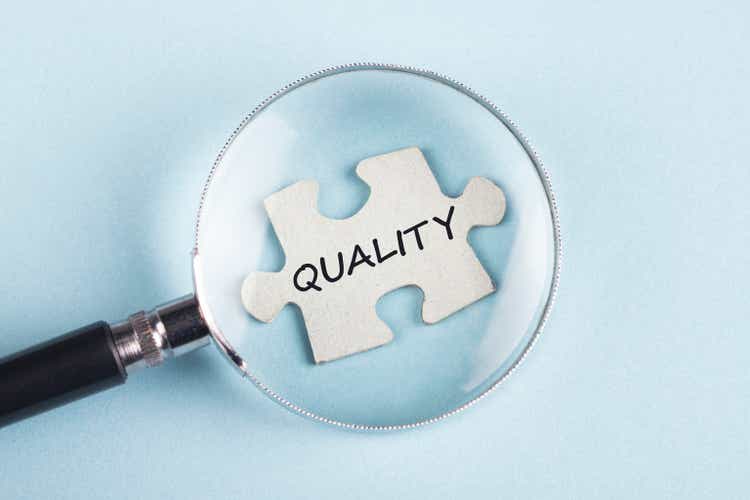Jamie Dimon: JPMorgan Chase CEO says US ‘slept’ while China became economic powerhouse
Jamie Dimon used his annual shareholder letter from JPMorgan Chase to highlight America’s need to engage with China, a nation he says has established itself as a “potential superpower” with the influence to rival that of the U.S.
However, the self-professed “full-throated, red-blooded, patriotic, unwoke, capitalist CEO” said while collaboration between the two countries is key, it’s his home nation that should be setting the global political and economic agenda.
In his letter to shareholders released Monday, the leader of America’s biggest bank wrote geopolitical tensions were high up his list of concerns.
Government and business in the Western world “essentially underestimated the growing strength and potential threat of China,” Dimon added, saying the communist nation has been “comprehensively and strategically focused” on its economic national security while the West “slept.”
“Over the last 20 years, China has been executing a more comprehensive economic strategy than we have,” Dimon added. “The country’s leaders have successfully grown their nation and, depending on how you measure it, have the first or second largest economy in the world.
“That said, many question the current economic focus of China’s leadership as they don’t have everything figured out.”
China has indeed got its own set of problems.
It’s experiencing a property crisis after the country’s largest developer Evergrande, once worth $50 billion, is now trading its debt at less than one cent on the dollar after a near-total collapse.
The Chinese government has washed its hands of the issue, even if it means apartment buildings being left unfinished and jobs lost.
Meanwhile, youth unemployment is at record highs while price-conscious consumers are forcing investment away from more premium brands towards cheaper alternatives.
That being said, Dimon identified three ways that the U.S. had overlooked its increasing dependency on China and thus handed it a level of control.
Dimon, who was paid a record $36 million for his work in 2023, said: “The first is companies’ overreliance on China as the sole link in their supply chain, which can create vulnerabilities and reduces resilience.”
Often this reliance is on consumer goods and sneakers, which the Harvard Business School alumni writes is not “critical or complex” and will “eventually be sorted out.”
What poses a bigger threat is the U.S.’s dependency on China for its own national security, which Dimon writes is the “most critical” aspect of the problem.
“The United States cannot rely on any potential adversaries for materials essential to our national security,” he explained.
“Think rare earths, 5G and semiconductors, penicillin and materials critical to essential pharmaceuticals, among others. We also cannot be sharing vital technologies that can enhance an adversary’s military capabilities.”
The third is ensuring America stays at the forefront of key industries like EVs, AI and renewable energy, he wrote: “We cannot cede our important resources and capabilities to potential adversaries.”
Be tough, but engage
The 68-year-old may have identified several ways the U.S. has inadvertently handed power to China, but he insisted America still has “an enormously strong hand.”
This is courtesy of “plenty of food, water and energy; peaceful neighbors; and what remains the most prosperous and dynamic economy the world has ever seen, with a per person GDP of over $80,000 a year,” he explained. “Most important, our nation is blessed with the benefit of true freedom and liberty.”
Because of its size, the U.S. will need to maintain a relationship with China, on account of its own prosperity and that of other nations, Dimon writes.
Dimon’s strategy moving forward is not to bemoan China’s influence, but to deal with the current situation. “Let’s not cry over spilled milk—let’s just fix it,” he wrote.
“We need to build and execute our own long-term, comprehensive economic security strategy to keep our position safe and secure,” he added. “I believe that respectful, strong and consistent engagement would be best for both our countries and the rest of the world.”
Source link




